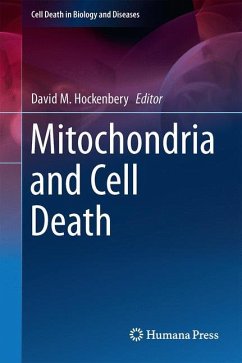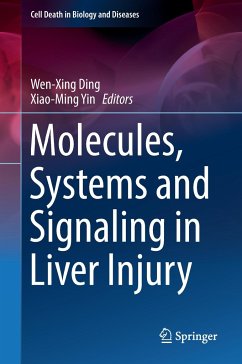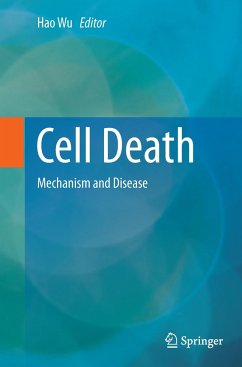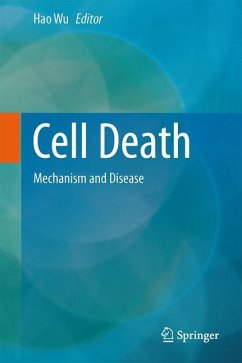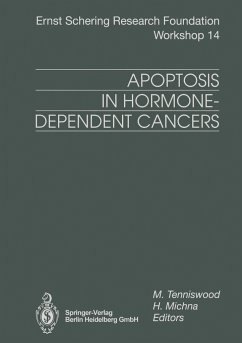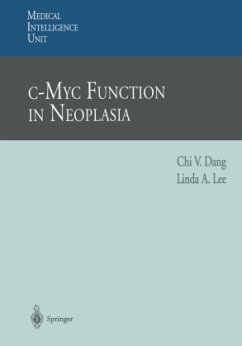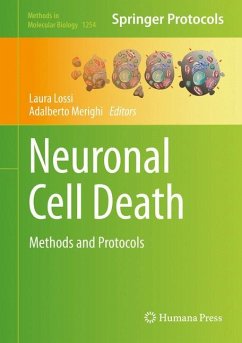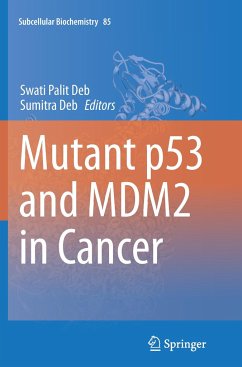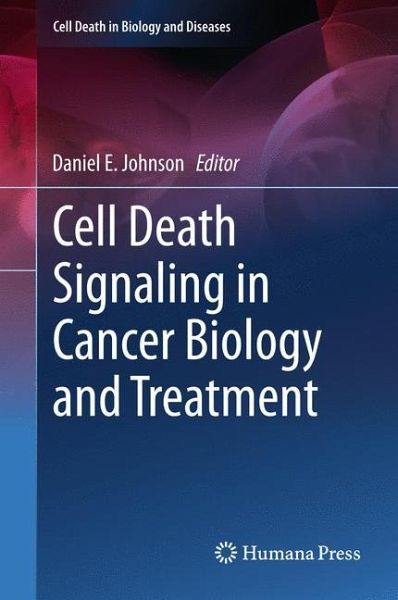
Cell Death Signaling in Cancer Biology and Treatment
Versandkostenfrei!
Versandfertig in 6-10 Tagen
83,99 €
inkl. MwSt.

PAYBACK Punkte
42 °P sammeln!
A key goal in the treatment of cancer is to achieve selective and efficient killing of tumor cells. The aim of Cell Death Signaling in Cancer Biology and Treatment is to describe state-of-the-art approaches and future opportunities for achieving this goal by targeting mechanisms and pathways that regulate cancer cell death. In this book, molecular defects in cell death signaling that characterize cancer cells, including dysregulation of cell death due to overexpression/hyperactivation of oncoproteins, as well as the loss of tumor suppressor proteins will be described. The potential for targeti...
A key goal in the treatment of cancer is to achieve selective and efficient killing of tumor cells. The aim of Cell Death Signaling in Cancer Biology and Treatment is to describe state-of-the-art approaches and future opportunities for achieving this goal by targeting mechanisms and pathways that regulate cancer cell death. In this book, molecular defects in cell death signaling that characterize cancer cells, including dysregulation of cell death due to overexpression/hyperactivation of oncoproteins, as well as the loss of tumor suppressor proteins will be described. The potential for targeting microRNAs will be discussed. Multiple chapters will describe preclinical and clinical approaches that are currently being used to target epigenetic modifications, DNA repair pathways, and protein chaperones, as a means of provoking tumor cell death. Finally, the development and application of novel agents and approaches for targeting specific components of cell death signaling pathways and machinery will be reviewed.






